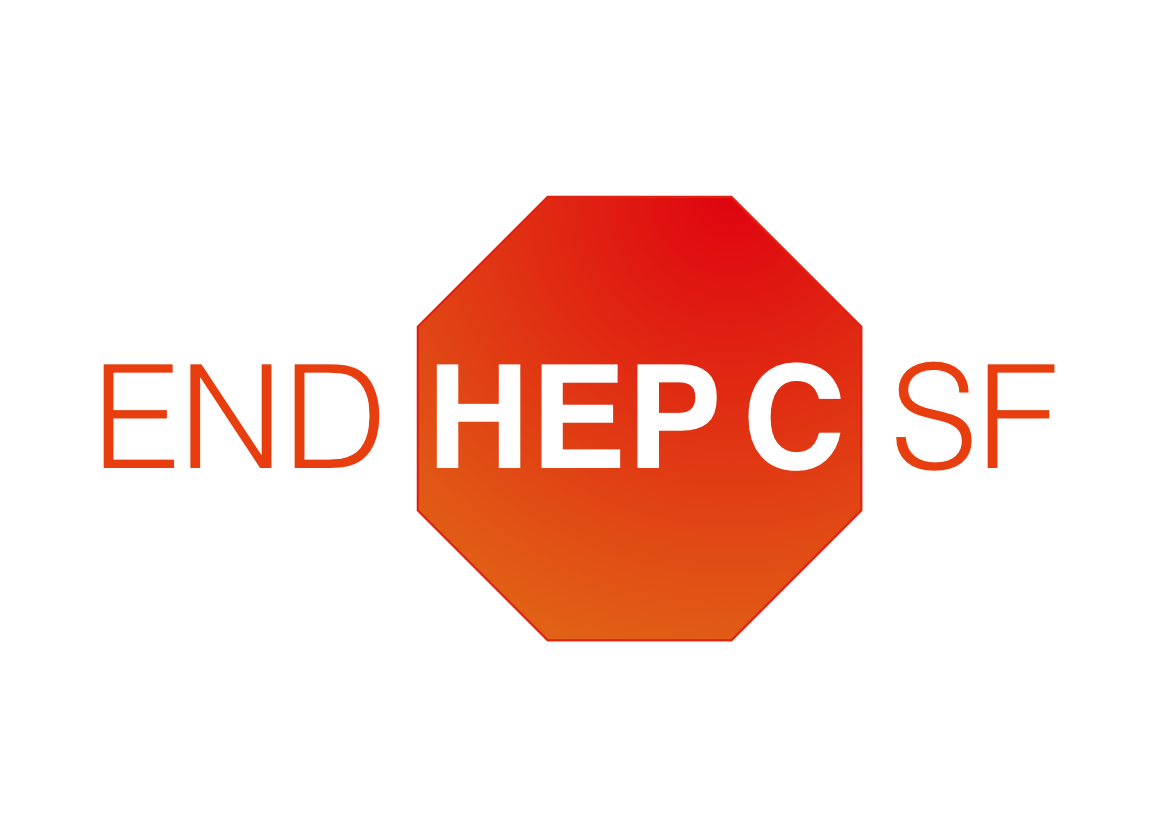 Trans women have 49 times the odds of being HIV-positive than other adults, bearing a greater burden than any population in the world.[i] Access to trans-specific health care, educational and employment opportunities, and housing stability are a few of the factors impacting their risk. To date, no studies have determined the precise factors leading to HIV, and no interventions have been developed specifically for this community.
Trans women have 49 times the odds of being HIV-positive than other adults, bearing a greater burden than any population in the world.[i] Access to trans-specific health care, educational and employment opportunities, and housing stability are a few of the factors impacting their risk. To date, no studies have determined the precise factors leading to HIV, and no interventions have been developed specifically for this community.
In 2016 the Center for Public Health Research at the San Francisco Department of Public Health (SFDPH) began the Trans*National Study, a National Institutes of Health-funded study to determine what factors lead to HIV among transwomen. The study is being conducted in the San Francisco Bay Area and with sister sites in Brazil, China, and Namibia. Our local goal is to recruit 1,000 transwomen in the San Francisco Bay Area. Study findings will allow us for the first time to measure HIV incidence (i.e., how many transwomen acquire HIV per year), identify risk factors for HIV, and develop better prevention interventions. The experiences shared with us by participants will inform how we improve programs and services for transwomen in the Bay Area.
As we prepared to launch the study, conversations with colleagues in the End Hep C partnership got us thinking about hepatitis C among trans women. Data from ours and other prior HIV studies has documented high rates of hepatitis C, with self-reports showing prevalence ranging from 11 to 24%.[ii][iii] However, no studies that we know of have identified true hepatitis rates using biomarkers, and transwomen have been left out of the treatment research. With the help of our partners, we integrated hepatitis C testing into our local Trans*National study.
Trans*National staff were trained in hepatitis C testing and prevention by the SFDPH’s Community Health Equity and Promotion branch. We collaborated with linkage to care navigators from the End Hep C Partnership to connect study participants who tested positive to care. And we learned more about hepatitis C, treatment options, and the End Hep C partnership’s fierce commitment to eliminating hepatitis C in San Francisco.
The Trans*National Study is collecting data now and finding that many trans women have been or are currently infected with hepatitis C. We’ve been encouraged to find that a number of study participants already knew their hepatitis C status and are in treatment. The hope is that our study will help identify care and testing gaps, provide information on risk, and help us engage transwomen in the hepatitis C treatment and activist community.
This research and practice collaboration was exactly what we are charged with in public health – to create a bridge from research to action. Findings from the Trans*National study will contribute to hepatitis C elimination in San Francisco for all communities, especially the most vulnerable. Our partnership has also helped our study move toward a more holistic approach to envisioning and supporting trans womens’ health and wellness.
* This is a personal reflection piece. The views expressed herein do not necessarily reflect official policies of the City and County of San Francisco; nor does mention of the San Francisco Department of Public Health imply its endorsement.
[i] Baral SD et al. Worldwide burden of HIV in transgender women: a systematic review and meta-analysis. Lancet Infect Dis, 13: 214-22, 2013.
[ii] Rapues J, Wilson EC, Packer T, et al. Correlates of HIV infection among transfemales, San Francisco, 2010: results from a respondent-driven sampling study. Am J Public Health. 2013;103:1485–1492.
[iii] Nuttbrock L, Hwahng S, Bockting W, et al. Lifetime risk factors for HIV/sexually transmitted infections among male-to-female transgender persons. J Acquir Immune Defic Syndr. 2009;52(3):417-21


